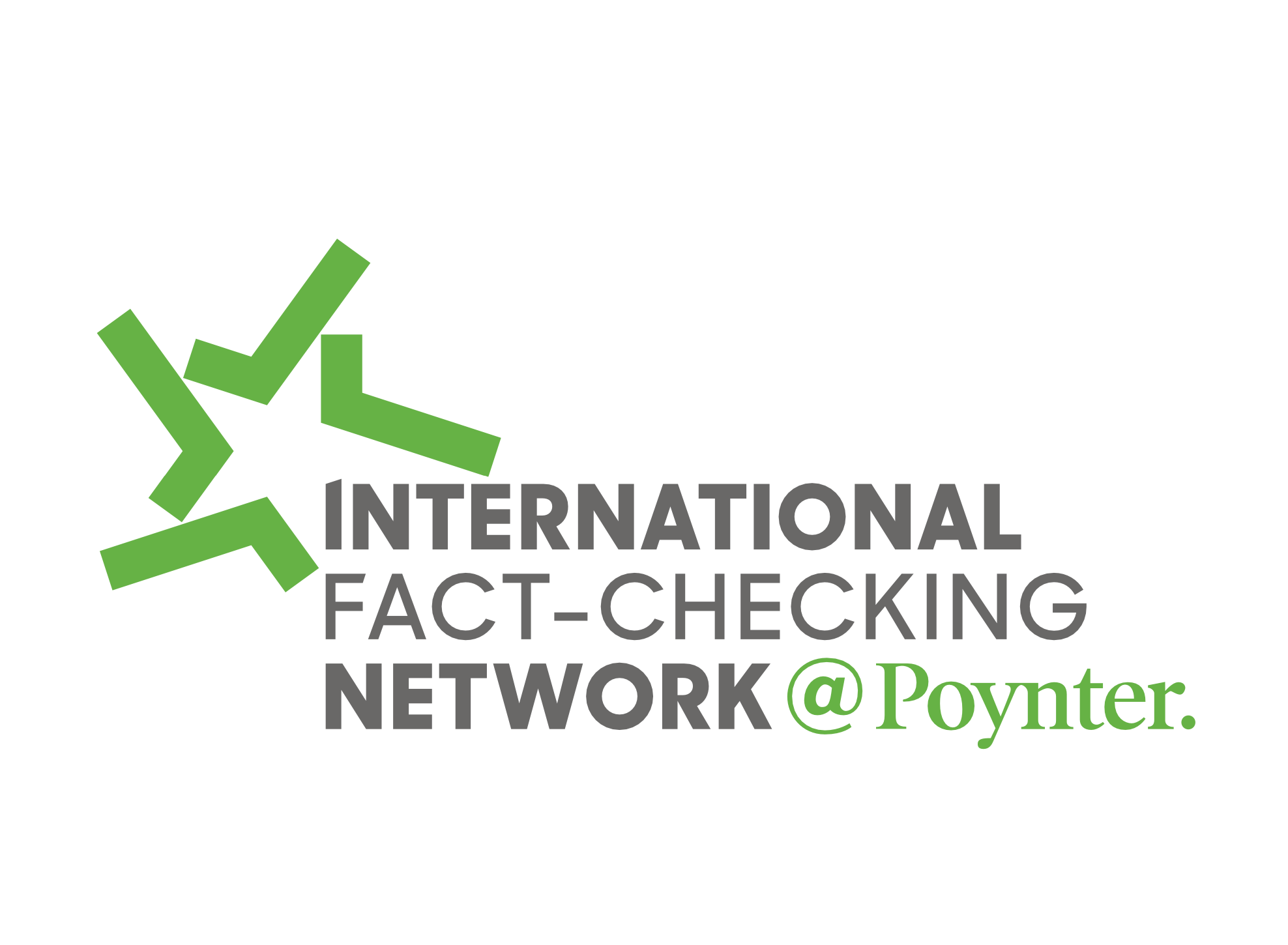With the Texas Supreme Court’s recent order to return all of the children of the Fundamental Church of Jesus Christ of Latter Day Saints to their families, it’s worth noting that at least one reporter was questioning the raid’s legality from day one.
Brooke Adams has worked for The Salt Lake Tribune for nearly nine years. She started covering polygamy first as a family reporter. For the last two years, it’s been her full-time job. The reasons for covering polygamy in Utah are complex and often misunderstood. It’s a divisive issue in the state. Utah has more polygamists than anywhere else, but they are a small minority of the overall population. They are often vilified by the Mormon Church which long ago renounced the practice. Yet many Mormon families have polygamous backgrounds.
It’s an important topic not always appreciated by the local audience. I compare it to covering white supremacy in my old stomping grounds of North Idaho. There’s a duty to shine a light of understanding in a dark place. If journalists don’t tell the story, who will?
As a result of her work, Adams has perhaps more expertise on polygamy than any other reporter in the country. So, when Texas authorities began the process of raiding a FLDS camp on April 3, Adams went to work.
Well-sourced and knowledgeable, she began making phone calls to people within the FLDS church and to anti-polygamy activists. It was a source in the latter group who first raised doubts in Adams’ mind about the legitimacy of the raid. That source suggested the initial phone call from a teenager did not come from the ranch at all. Adams passed that tip along to a colleague and the paper was among the first to report that fact, which turned out to be true. Later, the paper reported that the call that sparked the raid was likely a hoax. That information appeared in a breakout box at the bottom of this story.
Over the two-month ordeal, Adams was among the first to report that the state’s case was falling apart, that the number of “teens” who had given birth had dwindled to less than a half-dozen. She was the first to report that the man originally named as a suspect had never set foot on the Texas FLDS ranch.
“It was only when I read the search warrant issued for the raid that I began to question whether the substance of the call itself,” Adams wrote in an e-mail to me this week. “The terminology the caller used was off. For example, the caller referred to her last beating occurring on Easter Sunday. The FLDS don’t celebrate Easter. That led me to ask a spokeswoman for the shelter how much of the teen’s actual wording they used in describing the calls and she told me it was nearly verbatim. My suspicion grew when Texas CPS said, day after day, that they had not yet located the pregnant 16-year-old with an 8-month-old daughter.”
While Adams was pressing the State of Texas hard on their methods, most national news outlets were doing just the opposite. Newspapers, wire services and cable television programs all told a different story. They relied heavily on Texas authorities, many of them unnamed and leaking information about the case. They turned to academics who have studied polygamy. And they told the stories of women who have left polygamist compounds.
Adams had done all of those stories in the past. When Warren Jeffs started kicking young men out of his Utah compound in 2004 in order to secure his power base, Adams reported it. She and colleagues Pamela Manson and Hilary Groutage did an eight-page spread on the FLDS. A few years ago she traveled to Canada and wrote about a day-in-the-life of children living in polygamist families.
When the Texas story broke in early April, Adams realized her job was not to simply chronicle the story, her job was to be a watchdog.
“I’ve spent some time knowing these people, and hearing the critics and seeing what I can for myself and searching for the truth,” Adams told me during a phone conversation. She was sitting in the River Cafe, a half-block from the Tom Green County Courthouse in San Angelo, Texas.
She was dismayed to see journalists at the scene outside the ranch buying into misinformation they’d been fed by sources in law enforcement. As the cops broke down the gates to the religious groups’ temple on April 7 to take away the rest of the children, a medical helicopter hovered overhead. When Adams asked why, another reporter told her that the temple was likely booby-trapped. He heard it from a trustworthy law enforcement official and reported it.
Some readers of Adams’ coverage might see an overly sympathetic view of the FLDS. I see something different. Sometimes being a good reporter means taking on an unpopular cause, asking difficult questions. Yes, there are children in the FLDS church who have been forced into marriage and thus sexual relations, Adams says. But there are also families who don’t do that, she says.
In fact, Adams’ work was initially brought to my attention by a student who was writing a paper alleging just such a bias. But when I looked more closely, what I saw was a journalist asking tough questions.
Avoiding pack journalism has always been difficult. We’ve heard a lot about the failures of the media leading up to the Iraq War. But similar failures take place on a smaller level every day in American journalism. So what does it take? What made Brooke Adams’ work different than almost every other journalist covering this story? Here’s what I see:
- Knowledge. Adams has experience and history with the topic. That meant she knew more about the FLDS than most of her sources. She could spot myths and hyperbole and kept them out of her reporting.
- Thoroughness. Rather than simply reporting what Texas authorities were saying, Adams scrutinized all the court documents and then did her own reporting to verify or refute the evidence.
- Collaboration. Adams said her editor, Sheila McCann and her photography partner, Trent Nelson, were great supporters.
- Conviction. Maybe it helped that she was isolated in Texas, unable to see how her stories were playing back home. But Adams said she wondered why no other newsrooms were pursuing the same angle she was.
- Persistence. Getting FLDS families to open up is incredibly difficult. But Adams kept at it.
What else does it take for journalists to go against the grain?






